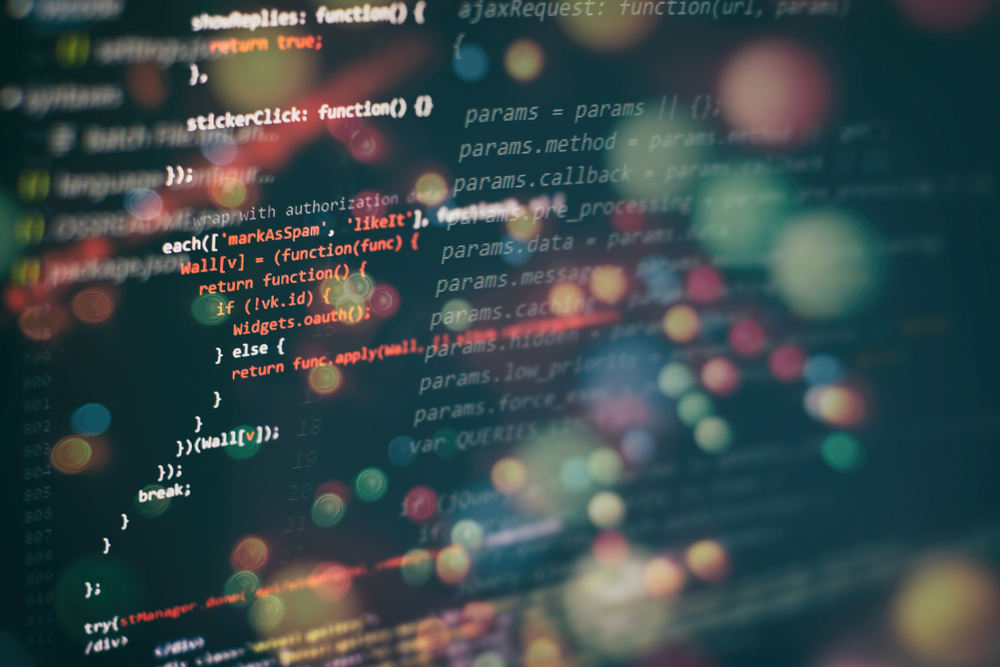ARTICLE AD BOX
AI is proving to be a critical tool for esports teams, as rights issues and player costs pose problems for the commercial stability of this rapidly expanding industry
August 18, 2025
 The esports industry needs new tools to stay ahead and remain competitive. Credit: Via Shutterstock
The esports industry needs new tools to stay ahead and remain competitive. Credit: Via Shutterstock
Gaming is big business today and only heading in one direction – up. The market intelligence firm GlobalData forecasts that the sector will generate US $343 billion in revenue by 2030. If that pans out, that will represent growth of more than 30% in seven years.
Esports is one of the fastest-growing themes within the gaming gold rush.
Beyond its core audience of highly engaged Gen Z and Millennials, esports events – high-stakes competitions between professional gamers livestreamed through platforms like Twitch, YouTube and other streaming service providers – are gaining traction.
The first Olympic Esports Games, set to be held in 2027 in Saudi Arabia, will boost the sport’s international profile further still.
As the segment has evolved and matured over the past decade or so, so esports players and teams have evolved into multifaceted businesses and brands, clocking the huge revenue opportunities at stake.
But despite the rising viewer numbers for these events and the superstar status of some of the players, esports teams face a number of challenges to their commercial stability.
Commercial vulnerability
Esports teams essentially rely on continuous top performance at tournaments and the prize and sponsorship money and investment backing that comes with that to keep playing.
They don’t own the gaming content that is streamed live and teams earn no media rights revenue, which instead goes to the streaming platform regardless of how large the audience is.
Talent is becoming more expensive, especially for top-tier players with dedicated fan followings. A dependence on these players can significantly increase operating expenses, while training new talent is made more difficult by the limited number of esports programmes worldwide.
Intellectual property (IP) represents a further obstacle: teams do not own the IP of the games they play, which are owned by the game publisher. This inability to control IP continues to limit commercial opportunities.
Gaining a performance edge through AI
AI has emerged as a vital tool that can provide esports coaches and players with critical insights to give them an edge over competitors. By analysing vast quantities of player data, AI can help plan strategy, provide unique performance analysis, and reduce a team’s workload.
Team Liquid is one of the most popular and successful teams in esports, winning more than 75 trophies in its 25-year history. Now boasting upwards of 160 players across 15 competitive game titles, when the team needed to upgrade their performance, they turned to SAP software.
Using SAP’s Joule Agents, Team Liquid has instant access to game statistics, player performance trends, and strategic comparisons. On its bespoke SAP Business Technology Platform dashboard, the team’s analysts can ask the Joule AI copilot for instant insights.
With the AI trained on more than 1.6 terabytes of data from 10 million games, it can source answers to questions in real-time and uncover new strategic approaches that wouldn’t be discovered through manual analysis. By significantly reducing the need for data retrieval, Team Liquid can make decisions faster and provide their players with the information they need to succeed.
“Thanks to the Joule copilot and Joule Agents, what once took hours of manual work is now available instantly, driving our strategies and enhancing team performance,” says Victor Goossens, co-CEO and founder of Team Liquid. “This partnership is changing the way we utilise our extensive database, proving that AI and data integration are becoming a vital part of our game preparation and success in esports.”
A transformational tech partner
Team Liquid also benefits from SAP’s integrated scalable data infrastructure. Thanks to Joule Agents, the team’s analysts are free to work on other critical tasks in an esports ecosystem that’s always evolving. More than just simple automation tools, SAP’s AI agents can reason, and by fully understanding the context of esports, their instant insights are invaluable.
As the esports industry continues to expand, teams need new tools to stay ahead and remain competitive. Player performance is key to the financial viability of esports teams, and SAP’s Joule Agents can give them an essential performance – and financial – boost while also reducing workloads.
To learn more about SAP, download the free whitepaper below.

 2 months ago
10
2 months ago
10


